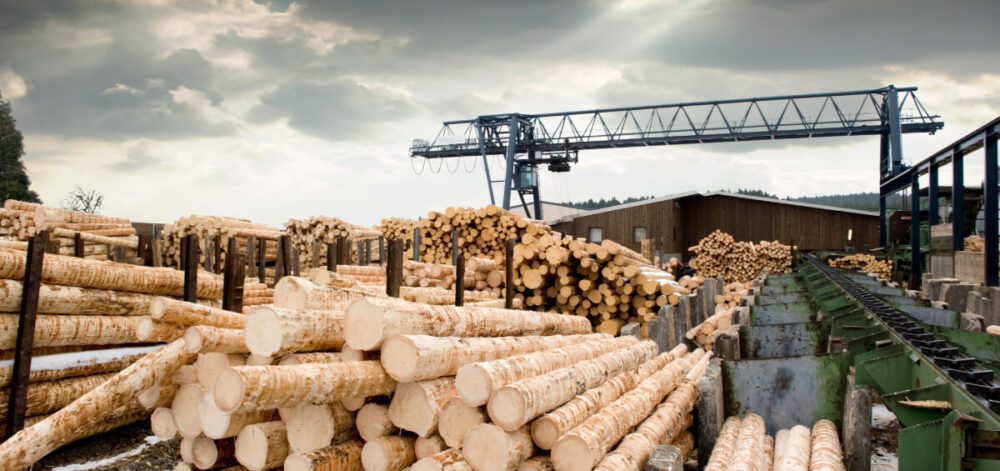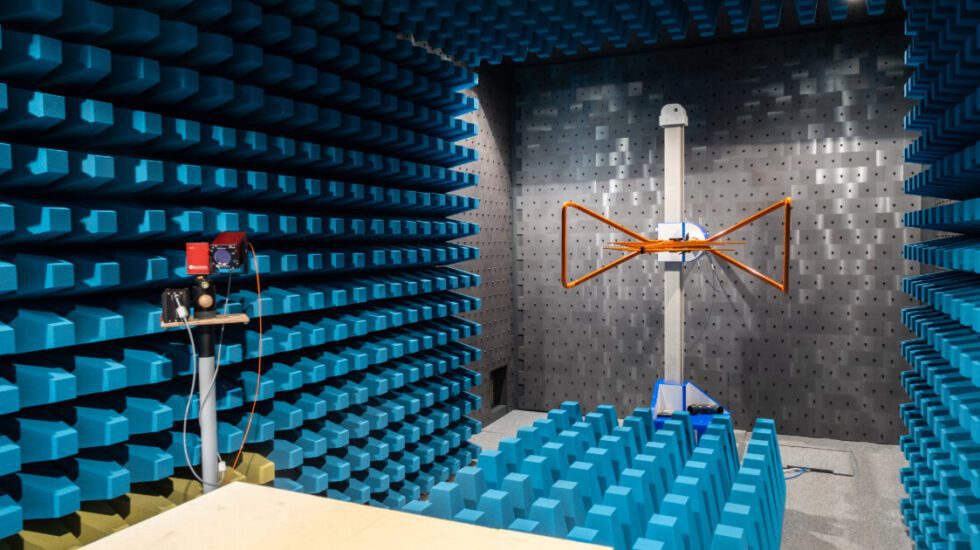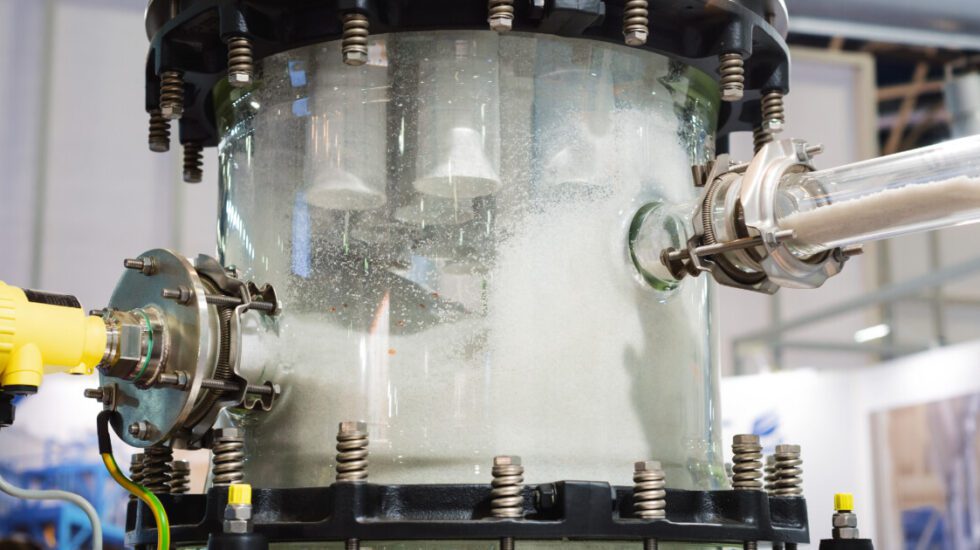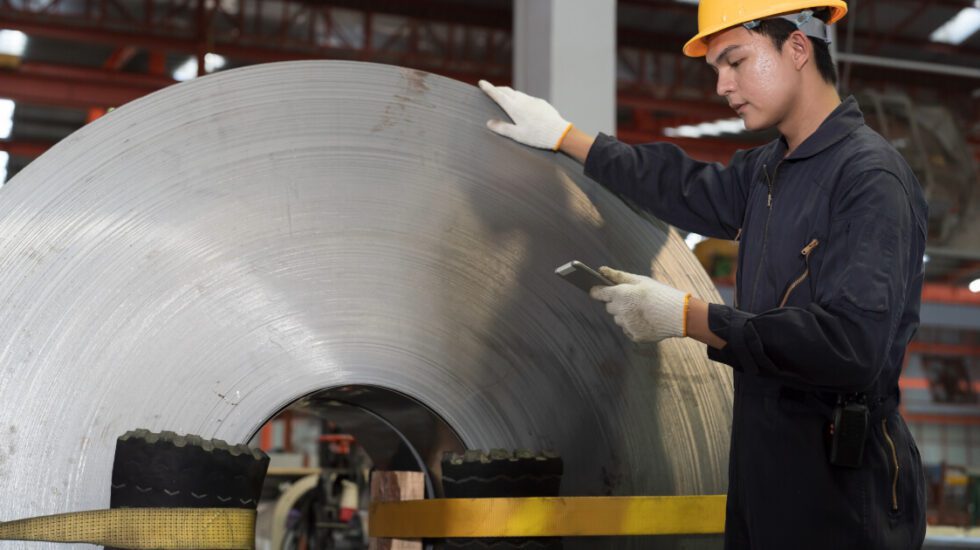Innovating Woodcraft: Harnessing SR&ED Tax Credits in Round Wood Post Products
In the specialized field of producing round wood post products, the interplay of technology and nature often brings about significant challenges and opportunities. Companies navigating these waters can benefit from the Scientific Research and Experimental Development (SR&ED) tax credits, which support efforts to overcome technological uncertainties inherent in this industry. Let’s explore the complexities of producing round wood post products and how SR&ED tax credits can be a strategic asset.
Navigating Material Selection and Wood Behavior
Selecting the appropriate wood type and understanding how different species react under various conditions is fraught with uncertainty. Through SR&ED, businesses can explore diverse wood species, testing their performance and suitability for specific environmental conditions or product applications.
Standardizing Log Quality and Size
The variability in log quality and size presents significant production challenges. SR&ED tax credits facilitate the development of methods to standardize log processing, aiming to enhance consistency and reliability in the final products.
Round Wood Post Products: Refining Production Processes
Advancements in manufacturing processes for round wood posts—from shaping and treating to finishing—are eligible for SR&ED. Experimentation to determine the most efficient processes is a key area where tax credits can offset costs.
Enhancing Quality and Durability
Ensuring the longevity and quality of wood posts involves significant R&D, particularly in developing treatments that protect against decay, pests, and environmental wear. SR&ED supports testing and refinement of these protective treatments.
Adapting to Environmental Factors
Environmental conditions significantly affect wood post production. SR&ED tax credits support research into how factors like climate and pest resistance influence production processes and product quality.
Innovating Drying and Preservation Techniques
The drying and preservation stages are critical to the wood’s quality. Exploring innovative drying methods and preservation treatments that meet changing regulatory standards represents an opportunity to leverage SR&ED incentives.
Responding to Market Demands
Rapid shifts in market demand and consumer preferences, especially concerning environmental sustainability, drive the need for continuous innovation in wood post production. SR&ED tax credits help companies adapt to these changes by funding relevant technological research.
Upgrading Automation and Machinery
Investing in cutting-edge machinery and automation technologies introduces uncertainties in terms of cost-effectiveness and integration into existing systems. SR&ED facilitates the exploration of these new technologies to improve production efficiency.
Complying with Environmental Regulations
As environmental regulations evolve, companies must frequently adjust their production techniques. SR&ED tax credits can help cover the costs associated with adapting processes to meet these stringent standards.
Leveraging SR&ED for Competitive Advantage in Wood Post Production
For companies in the round wood post product industry, SR&ED tax credits offer a substantial opportunity to mitigate the risks associated with technological innovation. Whether improving product durability, enhancing manufacturing processes, or ensuring environmental compliance, SR&ED provides crucial financial support.
To learn more about how SR&ED can benefit your wood post production projects, or to check your eligibility for these incentives, contact us today. Let’s build a sustainable future in woodcraft, supported by innovation and SR&ED!
Contact us today!
One of our experts will be in touch shortly.














No Comments